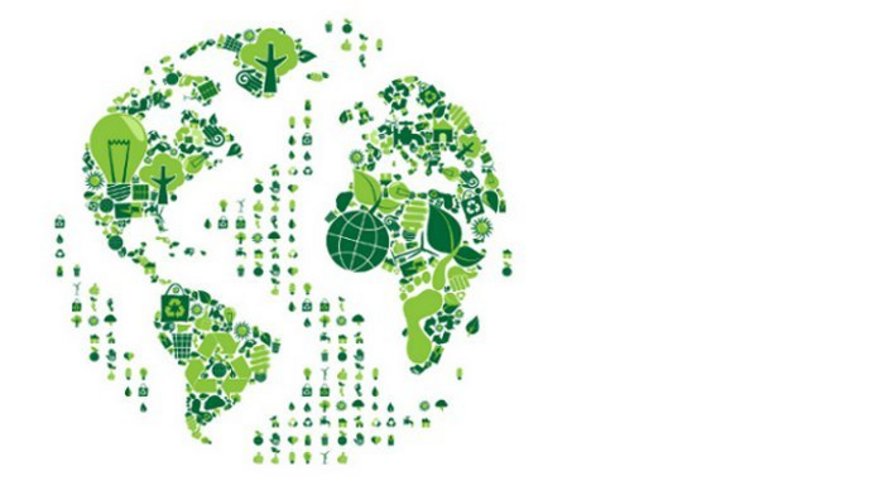
Fostering interdisciplinary research
Research Platforms at IHS
Research Platforms bring researchers from different groups and disciplinary backgrounds together to discuss one specific theme. The following platforms are currently established:
Research Platforms
- Gender and Diversity The platform refers to a theory-based understanding of gender as a "social gender" that is socially constructed and structurally effective. In an intersectional understanding, gender is always understood as interwoven with other dimensions of diversity, such as the socioeconomic status and level of education, race, religion or belief, physical and mental condition or age. The economic and social situation of LGBTTIQs (lesbian, gay, bisexual, transsexual, transgender, intersex and queer/questioning people) is addressed in several research projects.
- Science Goes Public The idea of this platform is to bring together IHS employees from different research areas to pool knowledge on how to actively engage stakeholder groups and subsequently develop new tools and approaches. The goal is furthermore to form a dialogical relationship between science and the broader public using participatory methods and to perceive the latter not just as research subjects, but to rather incorporate their needs and views through actively engaging them in the research process.
- Socio-Ecological Transformation This platform elaborates on interaction processes of societies with nature, including material metabolism with nature - mediated through work - as well as the symbolic and cultural meaning making of nature. The manifold societal relationships with nature have become critical in the last decades and are described as socio-ecological crisis which needs to be encountered by a global sustainable development.
- Social Sciences History Purpose of this platform is twofold: one, to bring the considerable amount of individual research on social science's role in society to the fore; and two, to discuss new avenues for how to understand, and conceptualize, the complex relationship between social sciences and their environments, be it institutions (such as universities or state bureaucracies), grand scientific epistemologies, social movements or political expectations. The historical study of social sciences provides a good (albeit not the only) starting point for this reflection.
- Transport and Mobility Driverless cars, global supply chains, the Diesel crisis or changed understandings of mobility are but a few of the many issues that turn the world of transportation upside down. All those topics are the subject of lively and controversial debates. Due to its role as one of the biggest emitters of greenhouse gases the transport industry will be subjected to large changes in technology and usage habits. Transport and mobility affects large parts of societal interactions that demand a widened viewing angle.
